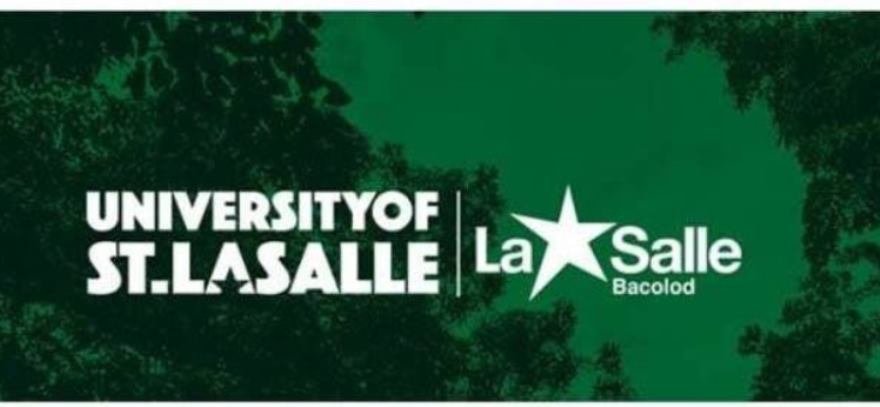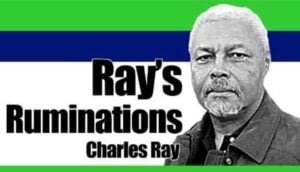- CHERYL G. CRUZ
A liquor ban will be enforced within the 200-meter radius of the University of St. La Salle in Bacolod City, starting 12 a.m. to 10 p.m. on Feb. 4 and Feb. 6 as it hosts the examinees of the 2020/2021 Bar Examinations.
The USLS, in an advisory, also said that one lane of La Salle Avenue shall be closed from 3 a.m. to 8 a.m., and one lane of CL Montelibano Avenue also closed from 2 a.m. to 7 p.m., Friday and Sunday, on the area of the campus only, under Bacolod City Ordinance 976.
The whole campus will be closed to the public during the two days of the Bar exams.

The USLS is the only school in Bacolod and Negros Occidental that is among the more than 20 sites of the regional Bar examinations, the first time that multiple venues will be used for the exams that have been postponed several times due to the coronavirus pandemic.
The Silliman University in Dumaguete City, Negros Oriental, meanwhile, is also the lone testing center in the province and has implemented measures to ensure the smooth holding of the Bar exams at Ausejo Hall, Katipunan Hall, and the CBA building.
Beginning Feb. 3 up to Feb. 6, only examinees and personnel authorized by the Supreme Court will be allowed to enter the Langheim road gate near Katipunan Hall.
Direct pedestrian access to the testing site from within the campus will not be permitted, and security barriers will be placed at the junction in front of Barry Thompson Hall, the SU said in an advisory.
Campus residents and university personnel who work outside of the Bar exam security perimeter will be allowed to pass and exit through the Laguna gate. Everyone is directed to have their IDs ready in case the security personnel ask for identification. University security personnel will also be onsite to assist, it added.
The school also said the Hibbard Avenue, starting at Katada road junction up to the Channon Gate, will be closed to vehicular and pedestrian traffic on Feb. 4 and 6.
Meanwhile, Associate Justice Marvic Leonen, chairperson of the 2020/21 Bar Examinations, in Bar Bulletin 37, series of 2022, or the Omnibus COVID-19 Protocols for the Bar Examinations, said that fully vaccinated examinees are required to obtain a negative antigen test result within 48 hours before 4 a.m. of Feb. 4, unless the local government unit prescribes an earlier testing date.
If they get a positive antigen test result, they may still undergo a confirmatory RT-PCR test from any Department of Health-accredited testing facility. If they show a negative RT-PCR test result taken after the antigen testing and before Feb. 4, they will still be allowed to enter the testing centers, subject to any further medical assessment if required by the LGU.
If they no longer opt to take the confirmatory RT-PCR test, the positive antigen test result will be conclusive and they will be denied entry to the testing site, Leonen said in the Bulletin.
All partially vaccinated or unvaccinated Bar examinees are required to show a negative RT-PCR test result, taken within 72 hours before 4 a.m. of Feb. 4, he added.
Regardless of vaccination status and negative COVID-19 test results, examinees, who are symptomatic upon entry into the local testing center on Feb. 4 and 6, will have to undergo a medical assessment on site. If they are required to undergo an emergency antigen test on site, a positive result will prevail over the prior negative COVID-19 test result, and the examinee will be barred from entering the testing site.
Fully vaccinated examinees, who contracted COVID-19 from Jan. 4 to Jan. 28, 2022, and no longer show any symptoms, shall be allowed inside the testing site if they can show a negative result in an antigen test, administered by the SC or obtained from any DOH-accredited testing facilities within 48 hours before 4 a.m. of Feb. 4, unless the local government unit requires an earlier testing date or;
They can show a negative RT-PCR test result either after a positive antigen test result (confirmatory) or without a prior positive antigen test, but within 72 hours before 4 a.m. of Feb. 4. If the LGU waives the COVID-19 testing of recovered, fully vaccinated examinees, they need not undergo testing but must instead submit sufficient proof that they have undergone the required isolation period, the SC added./CGC




